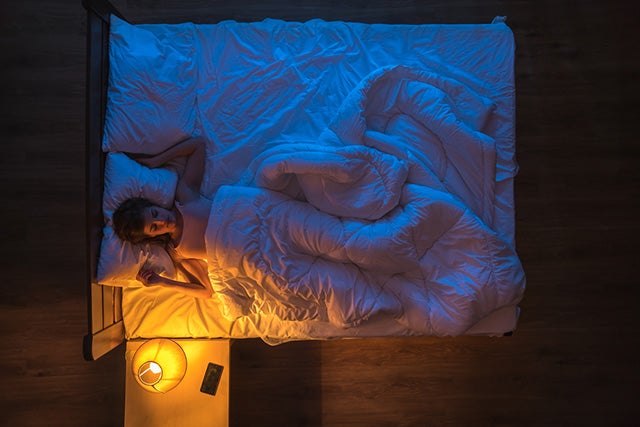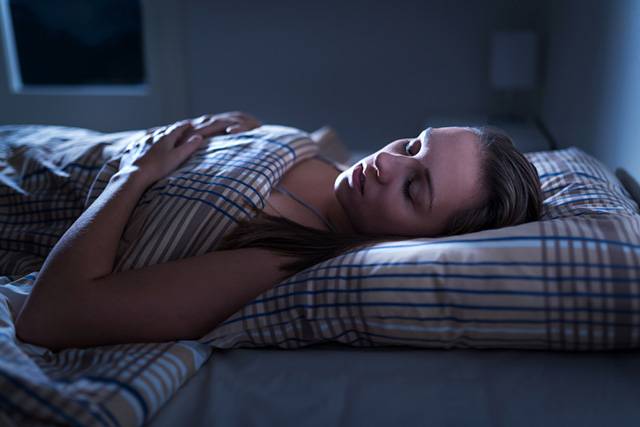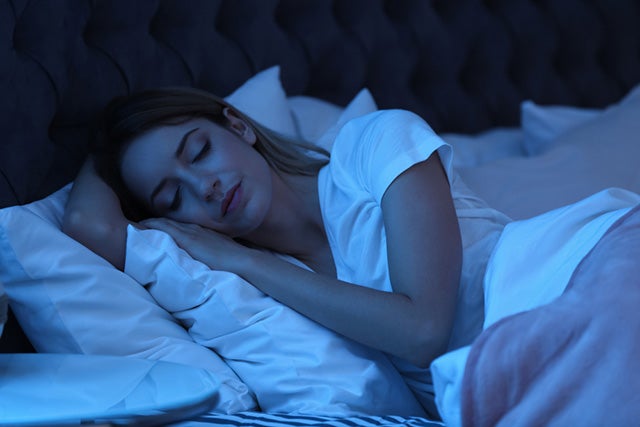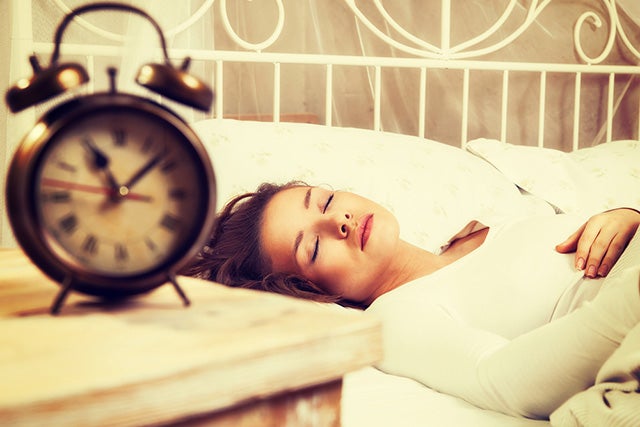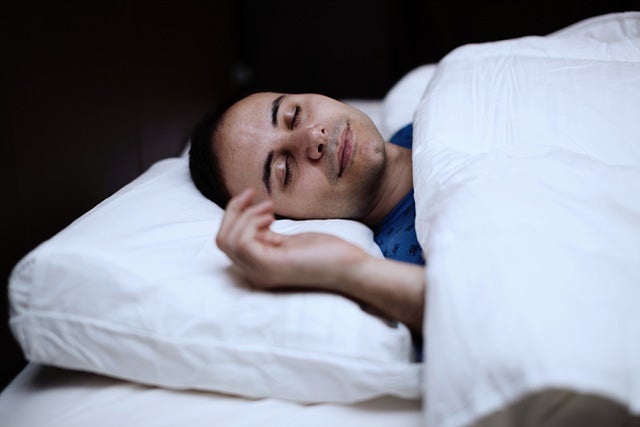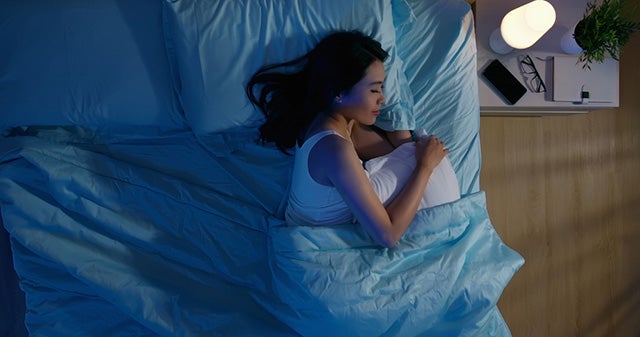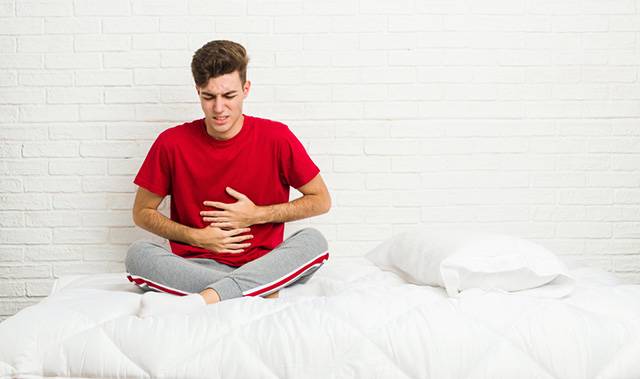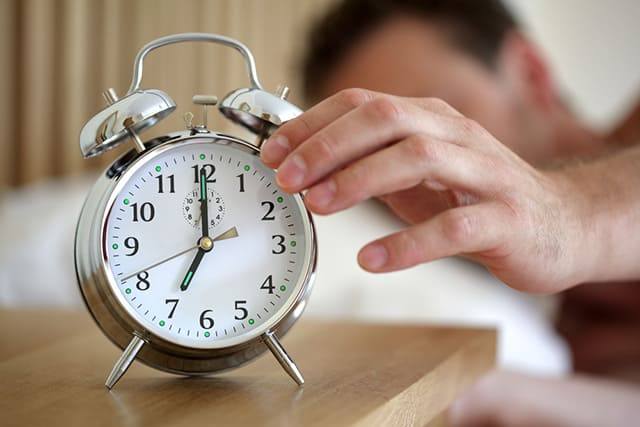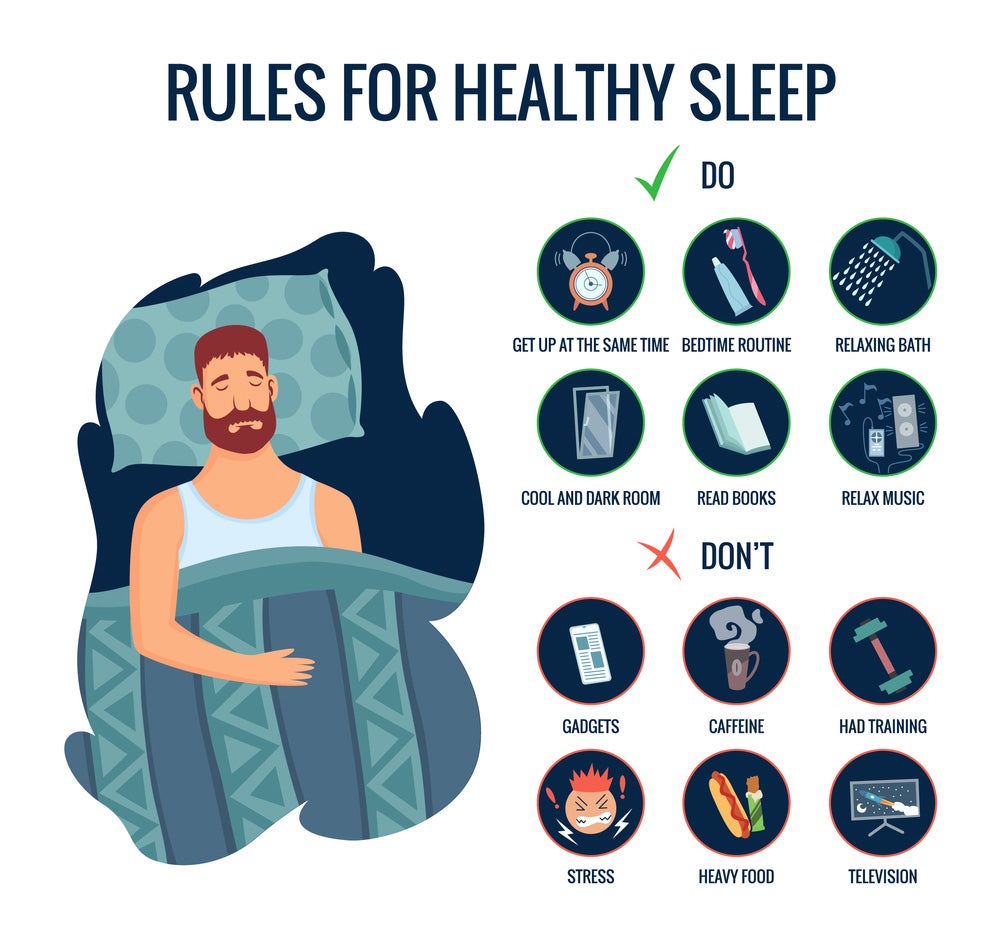You may have heard people talking about being a light or deep sleeper, or had the phrase directed at you from those close to you. But what does it mean, exactly, to be a light sleeper? And can why are some people branded as such?
To truly understand this question, you need to first understand the importance of sleep on your body’s mental and physical processes. You also need a basic understanding of the sleep cycles your body moves through while you sleep, which better illustrates the difference between light and deep sleep.
Once you understand that, you can begin to understand why a light sleep might not be healthy for you, and what your body might be trying to tell you. Read on to see why some people sleep light, and how it is possible to get a deeper night’s rest.
How Much Sleep Should You Get a Night?
Sleep is crucial for both mental and physical healing and growth. Your body cycles through various stages through the night, each stage part of a whole to allow your body to properly function. These stages require specific time for completion, and interruptions, or failure to move from one to another can eventually wreck havoc on your mental state and physical function.
According to the U.S Department of Health and Human services, it is recommended the following sleep guidelines are followed. Of course, this will vary from person to person.
18+ years: 7 to 8 hours
13-17 years: 8 to 10 hours
5-12 years: 9 to 12 hours
3-4 years:: 10 to 13 hours, naps included
18 months to 2 years: 11 to 14 hours, naps included
Birth to 18 months: 12 to 16 hours, naps included
Light Vs Deep Sleepers: Sleep Cycles Explained
The stages of the sleep cycles are rotated through multiple times in a night. Each are responsible for different levels of rest, both mentally and physically. The first stage is considered a light sleep, and is responsible for the initial relaxation of the body.
Stage 1:
This is a short stage, lasting not any longer than around 10 minutes (and often less) to provide a transition from being awake to being asleep. Your body reacts by slowing your heartbeat, respirations, and eye movement. Your brain is still fairly active and processing the environment around you, which is why it can be easy to wake from this stage.
Stage 2:
Lasting from anywhere between 30 and 60 minutes, this stage slows your heart and breathing even further and allows you to slip into a deep sleep. Many people can wake from this stage after about 15 or 20 minutes, often referring to it as a “power nap” which provides a brief, buy restorative rest. But the longer you stay in this stage the more likely you are to transition into a deeper sleep, which can be difficult to wake from and cause disorientation and make you feel even more tired.
Stage 3:
This is a deep sleep that is difficult to wake from, and slows your body functions down even further to truly allow your brain to relax. Your entire body is also at its most relaxed and important healing processes occur. This is approximately a half hour sleep stage that allows you to move into REM sleep.
REM Sleep:
REM, or rapid eye movement, is a deep sleep stage that is defined by active brain function. It is when you dream, and is marked by what is considered active brain processes and storage. This is not a stage that often lasts long, but you will cycle back to it various times through the night.
What Your Body Might be Telling You When You Sleep Light
When you sleep light, you aren’t moving past stage 1, staying in stage 2 for very long, and instead of transitioning into stage 3, you move back into stage 1. Your body may begin to relax, but never as deeply as it needs for true rest and relaxation, and your brain is still fairly active and functioning. You most likely wake incredibly easily, and feel tired and sluggish when awake- both in mind and body. Your emotions are also most likely enhanced and more difficult to control.
If you feel you are stuck in a light sleep night after night, your body may be trying to tell you something.
You are struggling with anxiety and/or depression, or are overly stressed
Even if you feel you are controlling and coping well with a bout of anxiety, depression, or stressors, when you sleep you are not actively in control and your mind may not be processing it well- keeping you in a state of fight or flight.
Your thyroid is overactive
An overactive thyroid can be overstimulating, raise your heartrate and create a feeling of stress. As mentioned above, this can put you in a protective state that your body picks up on when you are trying to rest.
You’re hungry
If you eat early, or do not eat enough to fuel your body and brain, you may begin getting some signals from the brain to get something to eat.
You are consuming more caffeine and/or sugar than you body can process
It takes a few hours for caffeine and sugar to work its way out of your system. If you have either too close to bedtime, it may work against your body’s tendency to relax.
Your need a bedtime routine
When you don’t have a good sleep schedule, your brain and body cannot get into a routine to begin winding down and relaxing.
How You Can Get a Deeper Night’s Rest
If you are looking to get a better night’s sleep, transition into a deeper, sleep, and stay asleep each night- take a look at a few of these tips:
- Avoid caffeine, alcohol, and sugar 2 to 4 hours before bed
- Expose yourself to brighter, natural lighting during the day
- Get a sleep routine in place so your body recognizes it. Also, wake at the same time.
- Avoid screens 1 to 2 hours before bed
- Sleep with a lower bedroom temperature. Between 68 and 72 is ideal for many.
- Avoid or reduce daytime napping (for adults)
- Consider natural supplements
- Exercise regularly
- Be sure your mattress and pillow support your sleep position
- Take a relaxing bath or shower
- Speak with a doctor to rule out a sleep disorder, or other issue
Conclusion
Chronic light sleepers are missing out the beneficial sleep stages required for a sound body and mind. If you are struggling with sleeping light, you need to address this concern to avoid longer term issues that may occur. First try to control your environment and sleep routine to support a better rest. If you find yourself still struggling after these attempts, consider speaking with a medical professional.
Photo credit: Realstock/Shutterstock; Tero Vesalainen/Shutterstock;
New Africa/Shutterstock; Slawomir Fajer/Shutterstock;
Motortion Films/Shutterstock; Minerva Studio/Shutterstock;
aslysun/Shutterstock; sasirin pamai/Shutterstock;
Asier Romero/Shutterstock; Designer things/Shutterstock
